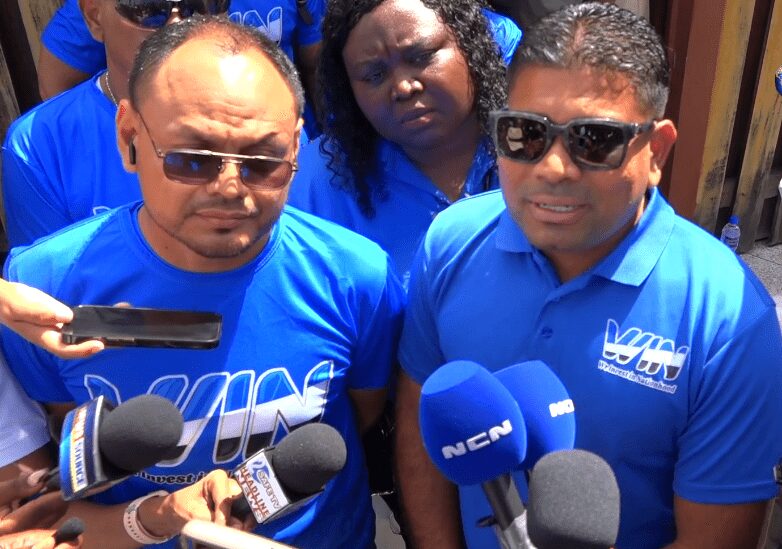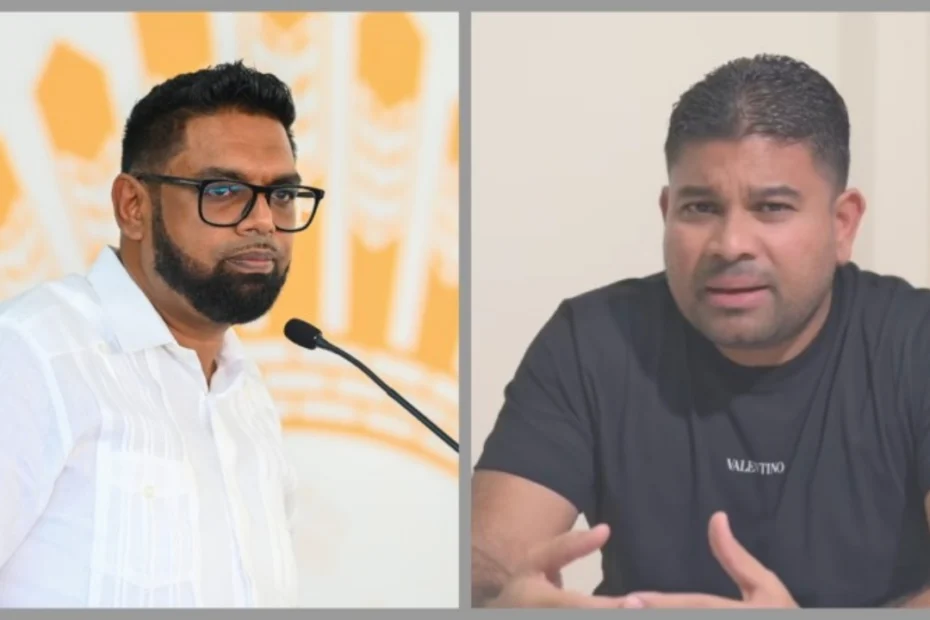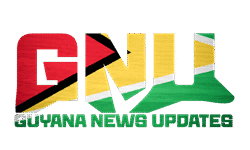On polling day for joint services in Guyana, Azruddin Mohamed, the presidential candidate for the We Invest in Nation Hood (WIN) Party, addressed the press, articulating his motivations, vision, and the challenges he faces. Mohamed’s campaign is rooted in a deep commitment to the ordinary citizens of Guyana, whom he believes have been overlooked for far too long.

Mohamed stated that his decision to contest the elections is a direct response to “the cries of the people, the cries of our single mothers, our pensioners, and persons living with disabilities.” He emphasized that these groups have been neglected, asserting that empowering their lives is “in my DNA,” a principle instilled in him by his parents. Mohamed noted that since 2019-2020, many from various societal segments have referred to him as the “president of this country,” highlighting a long-standing public sentiment.
He clarified that his decision to run was not due to any fallout with current President Irfaan Ali, stating, “I have absolutely no problems with Mr. Ali. I think Mr. Ali has a problem with me.”
Mohamed presented the WIN Party as more than just a political entity. “The WIN Party is not just a party; it’s a movement. It’s a team of good people, trusted people that will work tirelessly to improve your lives,” he asserted. He believes undecided voters have “no other option than to vote for the WIN Party,” citing the failures of both major governments over the past 59 years of independence.
On polling day, Mohamed visited police headquarters to observe the electoral process, noting that it was “moving along well” with “no complaints” reported about the opening of polling stations.
Throughout his campaign, Mohamed has faced various challenges and criticisms, which he addressed directly:
Victimisation: He condemned what he sees as a “level of victimization” against his supporters, citing an instance where his female campaign manager was detained for alleged noise nuisance. Despite this, he affirmed his resolve to “stand firm and stand strong.”
Criminal Justice System Hints: Responding to suggestions that he may face legal issues post-elections, Mohamed dismissed these claims, stating, “I’m not worried. Why should I be worried? What did I do? I’m not a criminal.”
Playing the Victim: He rejected accusations that he is “playing the victim” for sympathy, asserting, “I don’t need to do that. The people know I have a heart to care for them.”
Past Political Ties: Addressing skepticism about his past ties to the PPP, Mohamed clarified that his businesses have “donated to both parties” during elections. While acknowledging a “close relationship” with Mr. Ali, he emphasized that it has not granted him any political favors.
Regarding the sanctions against him, Mohamed expressed confidence in his legal team in the United States, stating they are “working very hard” and he anticipates positive developments concerning the lifting of these sanctions.
Mohamed views the Carter Center’s report favorably, affirming that it reflects a widely understood reality in Guyana. “Yes, the report is fair; it’s nothing but the truth,” he remarked, suggesting that “everyone in this country is observing what is going on.”
As the elections approach, Azruddin Mohamed continues to position himself as a voice for the marginalized and a candidate for change in Guyana.

Azruddin Mohamed Admits No Favors from Irfaan Ali
![]()



